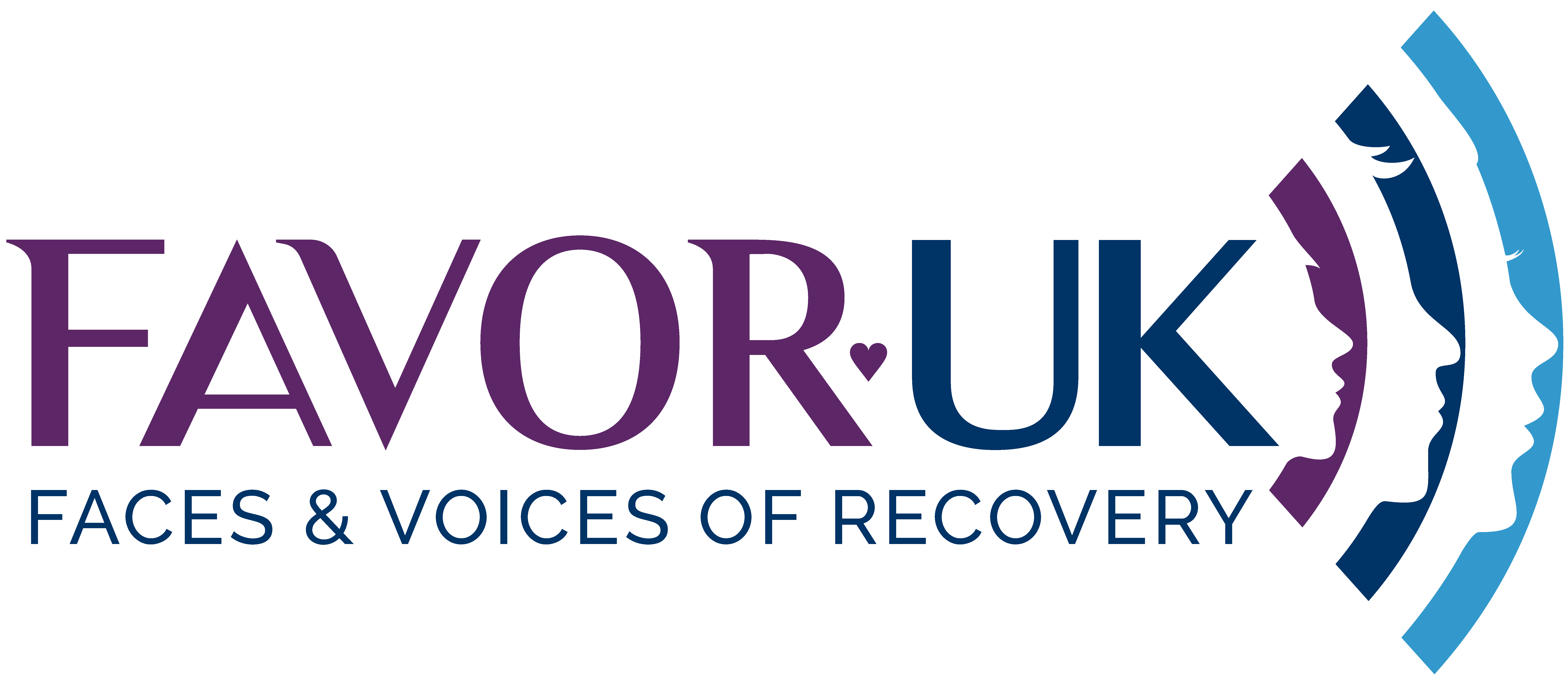“Listening to @MaggieOliverUK on @AndrewGold_ok podcast was a stark reminder of the pervasive issues of misuse of power and lack of accountability within our public systems. You can watch the interview here.
The concerns Maggie raised about the inadequacies of funding, resources, and the political motivations driving the policing system have clear and troubling parallels within the addiction treatment sector. In both realms, vulnerable individuals can be silenced, mistreated, and left without proper recourse—a failure that is systemic and deeply harmful.
The government bodies across the UK responsible for regulating and monitoring addiction treatment—such as Healthcare Improvement Scotland (HIS), Healthcare Inspectorate Wales (HIW), the Care Quality Commission (CQC) in England, the Regulation and Quality Improvement Authority (RQIA) in Northern Ireland, and the Care Inspectorates in Scotland and Wales—are failing in their duties due to several critical factors. Chief among these are the inconsistencies in standards and guidelines across regions, and a profound lack of specialised knowledge in addiction recovery among the regulators.
1. Inconsistent Standards Across Regions
Each of these regulatory bodies operates under different standards and guidelines, leading to a fragmented and uneven approach to addiction treatment. This inconsistency means that individuals seeking recovery may encounter varying levels of care, support, and treatment effectiveness depending on their location, rather than benefiting from a unified, high-standard approach across the UK.
2. Lack of Specialist Knowledge in Addiction Recovery
Addiction is a complex issue that demands a deep understanding of its psychological, social, and medical dimensions. However, the regulatory staff often lack this specialised knowledge, being more generalists in their healthcare expertise. This gap hinders their ability to effectively regulate the sector, identify substandard practices, and promote evidence-based treatment approaches, ultimately compromising the quality of care provided. Not to mention the over emphasis on the medical dimensions of treatment. The prevailing approach to addiction treatment, which heavily relies on pharmacotherapy and disproportionately focuses on the biological aspects of addiction while largely ignoring its psychological, social, and environmental dimensions, is critically flawed.
3. Misuse of Authority in Addiction Treatment
Just as Maggie highlighted the misuse of authority within policing, similar issues arise in addiction treatment. Some providers exploit their authority, employing punitive or coercive measures that harm those seeking recovery. These practices can stigmatise and marginalise individuals in treatment, suppressing their voices and making them fearful of speaking out. Regulatory bodies, often lacking a deep understanding of these dynamics, frequently fail to recognise or address these abuses, further exacerbating the problem.
4. Lack of Independent Scrutiny
The independence of these regulatory bodies is questionable, especially as they receive funding from the same government that funds many of the addiction services they are tasked with regulating. This financial entanglement creates a conflict of interest, where regulatory bodies may be hesitant to rigorously investigate or sanction providers, fearing political or financial repercussions. This lack of independent scrutiny allows harmful practices to persist unchecked, with no truly impartial body to hold providers accountable.
5. Failure of Regulatory Bodies
The effectiveness of these regulatory bodies is further compromised by limited resources and authority. Much like the Independent Office for Police Conduct (IOPC), which has been criticised for its lack of true independence and effectiveness, addiction treatment regulators often lack the necessary tools to enforce standards or thoroughly investigate complaints. This leaves service users vulnerable to substandard care and abuses, with little recourse for addressing their grievances. To use a great Scottish phrase – they are marking their own jotters.
6. The Need for Reform and Independent Oversight
To address these systemic failures, several key reforms are urgently needed:
- Advocacy for Independent Oversight: There must be a push for truly independent oversight bodies that are not financially tied to the government or service providers. These bodies should have the authority to enforce standards and conduct impartial investigations.
- Empowering Service Users: Individuals in recovery should have a say in the services they receive. This includes involving them in the design, evaluation, and oversight of treatment programs to ensure their needs are met and their rights protected.
- Transparency and Accountability: Treatment providers must operate transparently, with clear and publicly accessible records of their practices and outcomes. This transparency allows for greater scrutiny and informed decision-making by those seeking treatment.
- Policy Reform: Legislative changes are necessary to create stronger safeguards against abuse in the addiction treatment sector. Independent advocacy services or ombudsman roles specifically for addiction treatment should be established to ensure those in recovery have meaningful avenues for redress. #OorBill The Right to recovery Bill about to be debated in the Scottish parliament offers politicians opportunity to change all of this. (Will they take the opportunity? )
The current system, with its fragmented standards, lack of specialist knowledge, and questionable independence, fails to adequately protect and support individuals seeking recovery from addiction. To truly address these failures, a comprehensive approach is needed that includes independent oversight, empowerment of service users, greater transparency, and robust policy reform. Without these changes, the addiction treatment system risks continuing to harm the very people it is meant to help.
It’s also essential to recognise that many of the children & people Maggie has dedicated herself to helping—those who have endured significant trauma—may one day find themselves within the addiction treatment system. The connection between early-life trauma, such as physical and sexual abuse, and the development of addiction is well-established. While not all children who suffer from trauma will turn to substance use, those who do often seek to cope with the deep emotional wounds left by their experiences. This underscores the vital need for trauma-informed care within addiction treatment services, ensuring these individuals receive the compassion and understanding they deserve, rather than being further harmed by the very systems intended to support them.
The parallels between the children Maggie seeks to protect and those entering addiction treatment are striking. Research shows that a significant portion of individuals in treatment have histories of sexual and physical abuse—between 50-75% of women and 30-50% of men report such experiences. Many of these individuals turn to recovery as a way to heal from their past, yet they often face further mistreatment within the system. For this abuse to continue when they seek help is not just unethical—it is a profound betrayal of trust and a systemic failure that perpetuates harm instead of providing sanctuary.
Addressing these failures is not merely about improving standards; it is a moral imperative to protect the most vulnerable from being retraumatised in their pursuit of recovery. The only way to truly address these issues is through a holistic approach that considers the lifelong impacts of trauma and seeks to break the cycle before it begins.

